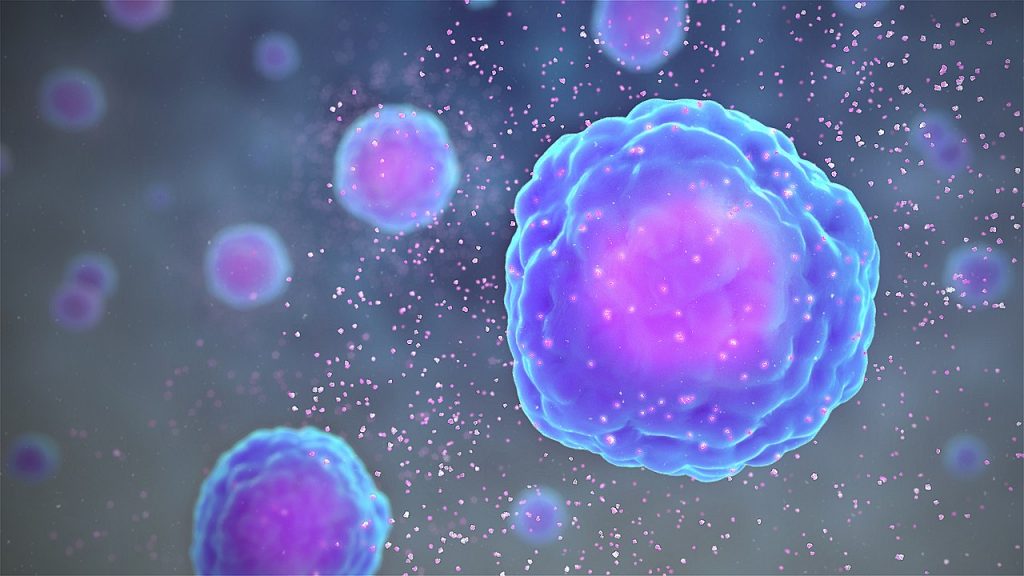Mechanical stimulation of human dermal fibroblasts reduces pro-inflammatory cytokines
Soft tissue therapy applies mechanical stimulation to soft tissues for reducing pain and injuries. However, the understanding of how it works is still elusive. Does it affect the cellular and molecular level? A new study shed some light on the cellular mechanism.

Studies tried to elucidate the effect at the cellular level using an in vitro model, meaning conducted on cells in the laboratory by mechanical strain to mimic soft tissue manual therapy.
These laboratory studies use mechanical stimulation of dermal fibroblasts and established that cyclical strain, mimicking overuse injury, induces secretion of numerous pro-inflammatory cytokines. Moreover, the mechanical strain that mimics soft tissue manual therapy reduces the strain-induced secretion of pro-inflammatory cytokines (substances secreted by certain cells of the immune system).
In a new study from Indiana University, the researchers extend these reports and provide independent corroboration of prior results.
Using cultures of primary human dermal fibroblasts, the researchers applied cyclical mechanical strain simulating overuse injury and demonstrated an increased level of IL-6 (pro-inflammatory cytokine). The application of long-duration stretch, intended to mimic therapeutic soft tissue stimulation, after cyclical (overuse) strain, results in lower levels of IL-6. In addition, the long-duration stretch also results in lower levels of IL-8, another important pro-inflammatory cytokine.
Although this is an experimental laboratory model, these findings provide supportive evidence that therapeutic soft tissue stimulation may reduce levels of pro-inflammatory cytokines.
